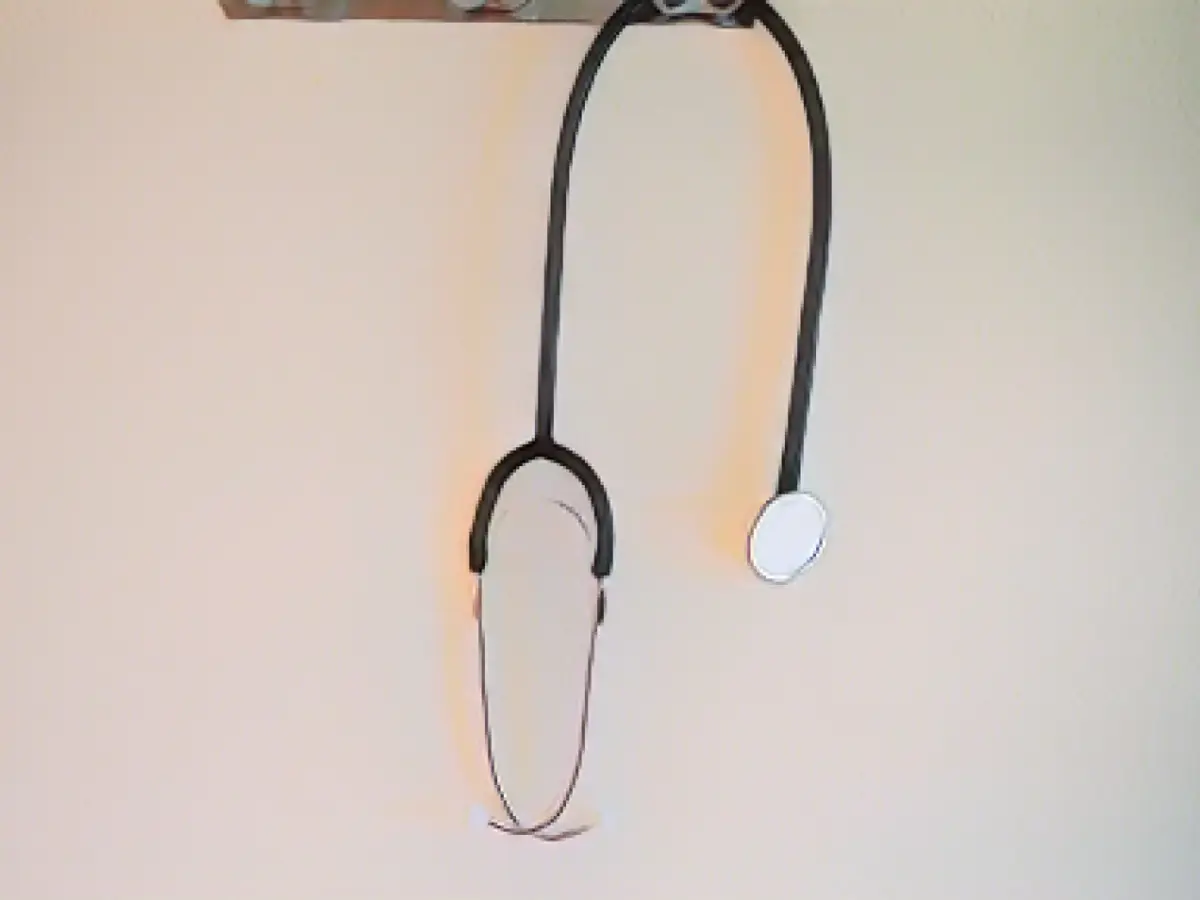Access to Healthcare for Individuals without Documents: A Baden-Württemberg Perspective
In the heart of Germany, the Baden-Württemberg Medical Association stands firm on the belief that healthcare is a fundamental human right, regardless of a person's immigration status or ability to afford insurance. The association's president, Wolfgang Miller, voiced this sentiment during the Human Rights Day commemorations on December 10, emphasizing that everyone should have equal access to healthcare, irrespective of their profession, social status, or personal circumstances.
The plight of individuals without health insurance or residence papers is a pressing concern, especially for migrants, homeless individuals, sex workers, and refugees who cannot afford insurance contributions. In some cases, they fear serious consequences, such as deportation, if they require emergency healthcare services.
On this Human Rights Day, Refugio Stuttgart e.V., a psychosocial center for traumatized refugees, criticized the deportation of refugees from inpatient treatment. They highlighted the importance of their "Treat instead of Administer" reporting portal, which encouraged anonymous reports of violations, with the goal of protecting medical staff in situations of deporting patients in need of inpatient care.
Although some German states, such as Thuringia, Rhineland-Palatinate, Berlin, and Schleswig-Holstein, have general or severe restrictions on deporting patients from inpatient treatment, Baden-Württemberg does not share the same policies. This was a point of concern raised by Ulrike Schneck from Refugio Stuttgart e.V., who played a significant role in the creation of the reporting office.
In the global context, the right to healthcare for undocumented migrants varies across countries. In Germany, France, and Italy, research from the Center ICES, Europa-Universität Flensburg, examines the extent to which undocumented migrants enjoy equal healthcare rights as regular residents. The study focuses on the specific design of healthcare benefits provided to undocumented migrants and compares it against human rights law promises.
During the COVID-19 pandemic, Germany enacted measures to protect its population from the virus, such as mandatory mask-wearing, infection control measures, and regulatory flexibility, giving state governments the power to issue pandemic-related regulations. While these measures aimed to protect healthcare workers, they did not specifically address the unique challenges faced by undocumented migrants in accessing healthcare.
In Baden-Württemberg, advocates for equal healthcare rights are urging policymakers to reconsider immigration status as a barricade to essential healthcare services. Their belief is that treating every individual with dignity and humanity is the essence of upholding human rights, including the right to access quality healthcare.








